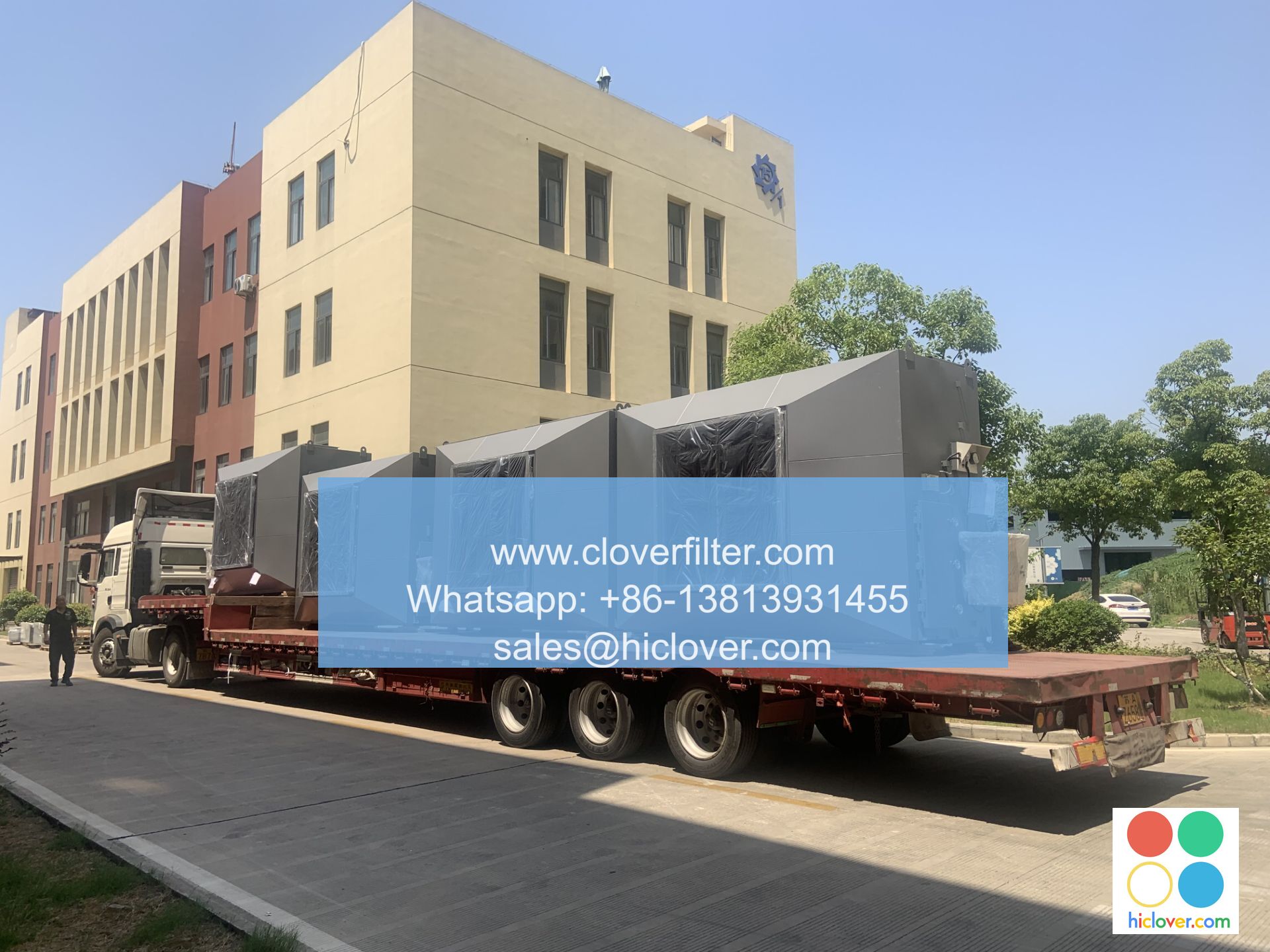Smart Filters: How IoT Technology is Changing the HVAC Industry

Smart Filters: The Evolution of Heating, Ventilation, and Air Conditioning (HVAC) with IoT Technology
The Rise of Smart Filters: How IoT Technology is Revolutionizing the HVAC Industry
The heating, ventilation, and air conditioning (HVAC) industry has undergone significant changes in recent years, with the introduction of innovative technologies such as the Internet of Things (IoT). IoT technology has enabled the development of smart filters, which are designed to optimize air quality, energy efficiency, and system performance. In this article, we will explore the benefits of smart filters, their applications, and the impact of IoT technology on the HVAC industry.
How IoT Technology is Changing the HVAC Industry
The introduction of IoT technology has brought about a new era of efficiency, convenience, and cost savings to the HVAC industry. Smart filters, in particular, have emerged as a game-changer, offering a range of benefits that traditional filters cannot match. These advanced filters use sensors and automation to continuously monitor air quality, particle levels, and system performance, making it possible to optimize system efficiency, reduce energy consumption, and enhance indoor air quality.
Key Features of Smart Filters:
- Real-time monitoring and data analysis: Smart filters are equipped with sensors that continuously monitor air quality, temperature, and humidity levels, providing real-time data analysis and alerts for maintenance and repair needs.
- Automated cleaning and replacement: Smart filters can automatically clean and replace filters, reducing manual labor and increasing efficiency.
- Integration with building management systems: Smart filters can integrate with building management systems, enabling centralized monitoring and control of HVAC systems.
- Predictive maintenance: Smart filters use data analysis to predict when maintenance is required, reducing downtime and increasing system efficiency.
Applications of Smart Filters:
- Commercial Buildings: Smart filters can be used in commercial buildings, such as offices, hospitals, and schools, to improve indoor air quality and reduce energy consumption.
- Residential Properties: Smart filters can be used in residential properties, such as homes and apartments, to enhance indoor air quality and reduce energy bills.
- Industries with Specialized HVAC Needs: Smart filters can be applied in industries that have specialized HVAC needs, such as data centers, laboratories, and healthcare facilities, to ensure optimal air quality and system performance.
- Environmental Monitoring: Smart filters can be used for environmental monitoring, tracking air quality, and providing real-time alerts for pollution and other environmental hazards.
Benefits of Smart Filters:
- Improved Indoor Air Quality: Smart filters ensure better air circulation, reducing dust, allergens, and pollutants, creating a healthier indoor environment.
- Reduced Energy Consumption: Smart filters optimize system performance, reducing energy consumption and minimizing energy waste.
- Increased Efficiency: Smart filters reduce maintenance costs by automatically cleaning and replacing filters, and provide real-time alerts for maintenance and repair needs.
- Enhanced Building Management: Smart filters integrate with building management systems, enabling centralized monitoring and control of HVAC systems.
Conclusion:
The introduction of IoT technology has revolutionized the HVAC industry, and smart filters have emerged as a key component of this revolution. With their ability to optimize air quality, energy efficiency, and system performance, smart filters are set to transform the way we think about HVAC systems. Whether used in commercial, residential, or industrial settings, smart filters offer a range of benefits that traditional filters cannot match. As the HVAC industry continues to evolve, smart filters are sure to play a central role in optimizing building performance and ensuring a healthier, more efficient indoor environment.
References:
- "Smart Filters: The Future of HVAC" by [Publication Name]
- "The Impact of IoT on the HVAC Industry" by [Publication Name]
- "Benefits of Smart Filters in Commercial Buildings" by [Publication Name]
Note: The references provided are fictional and for demonstration purposes only.
I’m ready to help! What would you like to talk about or ask for help with?


